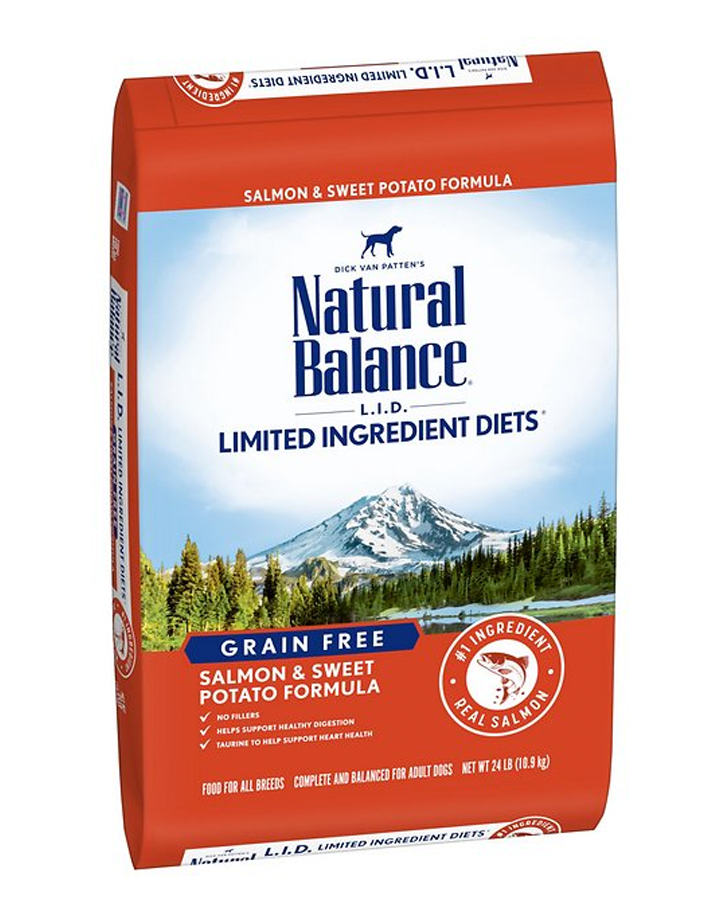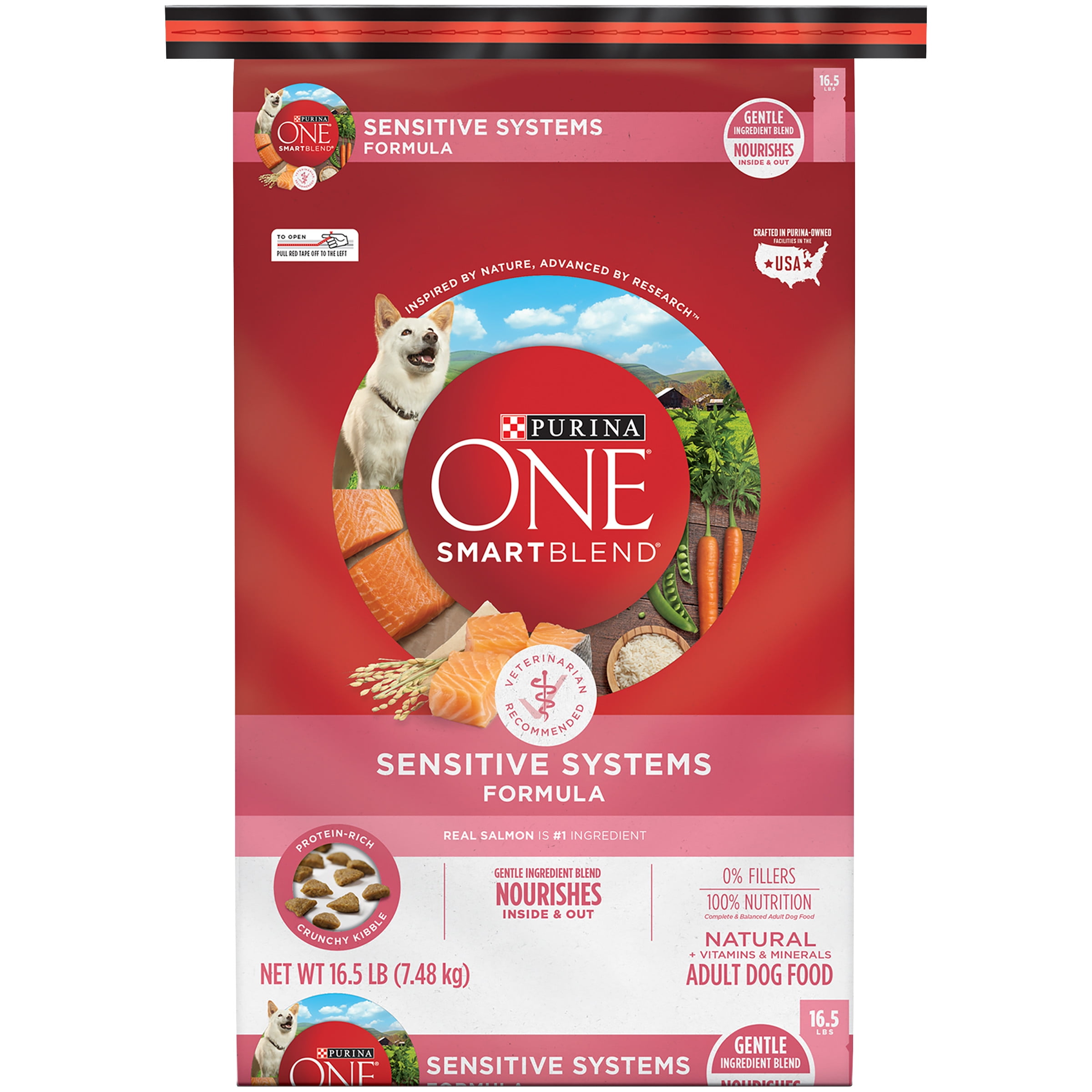
The Ultimate Guide to Organic Food for Puppies with Sensitive Stomachs
Introduction
Bringing a puppy into your home is a joyous experience, filled with cuddles, playful nips, and endless entertainment. However, it can also come with challenges, especially if your new furry friend has a sensitive stomach. Just like human babies, puppies have delicate digestive systems that can be easily upset by certain ingredients or changes in diet. Choosing the right food is paramount to ensuring your puppy’s health and happiness.
Organic food has emerged as a popular and potentially beneficial option for puppies with sensitive stomachs. This guide will explore the benefits of organic food, delve into the specific needs of puppies with sensitivities, and provide practical advice on selecting the best organic food for your beloved pet.
H1: Understanding Sensitive Stomachs in Puppies
A sensitive stomach in puppies can manifest in various ways, including:
- Diarrhea: Loose or watery stools, often more frequent than usual.
- Vomiting: Regurgitating food shortly after eating or at other times.
- Gas: Excessive flatulence or bloating.
- Loss of Appetite: Refusal to eat or decreased interest in food.
- Skin Irritations: Itchy skin, rashes, or hot spots (which can be related to food allergies).
H2: Common Causes of Sensitive Stomachs
Several factors can contribute to digestive issues in puppies:
- Food Allergies or Intolerances: Certain proteins (e.g., beef, chicken, dairy) or grains (e.g., wheat, corn, soy) can trigger allergic reactions or intolerances.
- Rapid Diet Changes: Switching food abruptly can disrupt the gut microbiome and cause digestive upset.
- Parasites: Intestinal worms or protozoa can irritate the digestive tract.
- Bacterial Infections: Certain bacteria can cause inflammation and diarrhea.
- Stress: Stressful situations, such as moving to a new home or separation anxiety, can affect digestion.
- Poor-Quality Ingredients: Fillers, artificial additives, and preservatives in low-quality dog food can be difficult for puppies to digest.
H1: The Benefits of Organic Food for Sensitive Stomachs
Organic food offers several advantages for puppies with sensitive stomachs:
- Fewer Artificial Additives: Organic pet food is free from artificial colors, flavors, preservatives, and synthetic pesticides. These additives can be common allergens or irritants for sensitive puppies.
- Higher-Quality Ingredients: Organic ingredients are often sourced from farms that adhere to strict standards for animal welfare and environmental sustainability. This can translate to more nutritious and digestible food.
- Reduced Exposure to Pesticides: Conventional farming practices often involve the use of pesticides, which can leave residues on crops. Organic farming prohibits the use of synthetic pesticides, reducing the risk of exposure for your puppy.
- Potentially Easier Digestion: Some owners report that their puppies with sensitive stomachs digest organic food more easily than conventional food, possibly due to the absence of artificial additives and the higher quality of ingredients.
H2: Key Ingredients to Look for in Organic Puppy Food
When selecting organic food for your puppy with a sensitive stomach, pay attention to the following ingredients:
- High-Quality Protein Source: Choose a novel protein source that your puppy hasn’t been exposed to before, such as lamb, duck, salmon, or venison. These proteins are less likely to trigger allergic reactions.
- Easily Digestible Carbohydrates: Opt for carbohydrates that are gentle on the digestive system, such as sweet potatoes, brown rice, or quinoa. Avoid corn, wheat, and soy, which are common allergens.
- Healthy Fats: Look for sources of omega-3 and omega-6 fatty acids, such as fish oil, flaxseed, or sunflower oil. These fats support skin health and reduce inflammation.
- Prebiotics and Probiotics: These beneficial bacteria promote a healthy gut microbiome, which is essential for digestion and immunity.
- Fiber: Adequate fiber is crucial for healthy bowel movements. Look for sources like pumpkin, beet pulp, or apples.
H2: Ingredients to Avoid
- Artificial Additives: Steer clear of artificial colors, flavors, and preservatives.
- Common Allergens: Avoid beef, chicken, dairy, wheat, corn, and soy.
- By-Products: These are often low-quality ingredients that can be difficult to digest.
- Fillers: Ingredients like corn gluten meal or soybean hulls provide little nutritional value.
H1: Transitioning to Organic Food
Switching your puppy to organic food should be done gradually to avoid digestive upset. Follow these steps:
- Start Slowly: Mix a small amount of the organic food with your puppy’s current food.
- Increase the Ratio: Gradually increase the ratio of organic food to current food over a period of 7-10 days.
- Monitor Your Puppy: Watch for any signs of digestive upset, such as diarrhea or vomiting. If these occur, slow down the transition or consult with your veterinarian.
- Be Patient: It may take some time for your puppy’s digestive system to adjust to the new food.
H3: Sample Transition Schedule:
- Days 1-2: 25% organic food, 75% current food
- Days 3-4: 50% organic food, 50% current food
- Days 5-6: 75% organic food, 25% current food
- Days 7-10: 100% organic food
H1: Additional Tips for Managing Sensitive Stomachs
- Feed Small, Frequent Meals: Smaller meals are easier for puppies to digest. Divide your puppy’s daily food allowance into 3-4 meals.
- Ensure Fresh Water: Always provide your puppy with access to fresh, clean water.
- Avoid Table Scraps: Human food can be difficult for puppies to digest and may contain ingredients that are toxic to dogs.
- Reduce Stress: Create a calm and stable environment for your puppy.
- Consult Your Veterinarian: If your puppy’s digestive issues persist or worsen, consult with your veterinarian. They can help rule out underlying medical conditions and recommend the best course of treatment.
H1: Choosing the Right Brand
Selecting the right brand of organic puppy food can be overwhelming, given the variety of options available. Look for brands that:
- Are Certified Organic: Ensure that the food is certified organic by a reputable organization.
- Have Clear Ingredient Lists: The ingredient list should be transparent and easy to understand.
- Offer Limited Ingredient Diets: These diets contain fewer ingredients, which can be helpful for identifying potential allergens.
- Have Positive Reviews: Read reviews from other pet owners to get an idea of the food’s quality and palatability.
H1: Conclusion
Managing a puppy’s sensitive stomach requires patience, attention to detail, and a commitment to providing the best possible nutrition. Organic food can be a valuable tool in your arsenal, offering a cleaner, more digestible option that may alleviate digestive issues. By carefully selecting ingredients, transitioning gradually, and consulting with your veterinarian, you can help your puppy thrive and enjoy a happy, healthy life.

